Led by Joey Bisits, with @janzika.bsky.social, we explore the drivers of cabelling instability in the ocean using a first-of-its-kind turbulence-resolving simulation. See here for energy budgets, diffusion calcs and pretty pictures using Oceananigans: doi.org/10.1017/jfm....
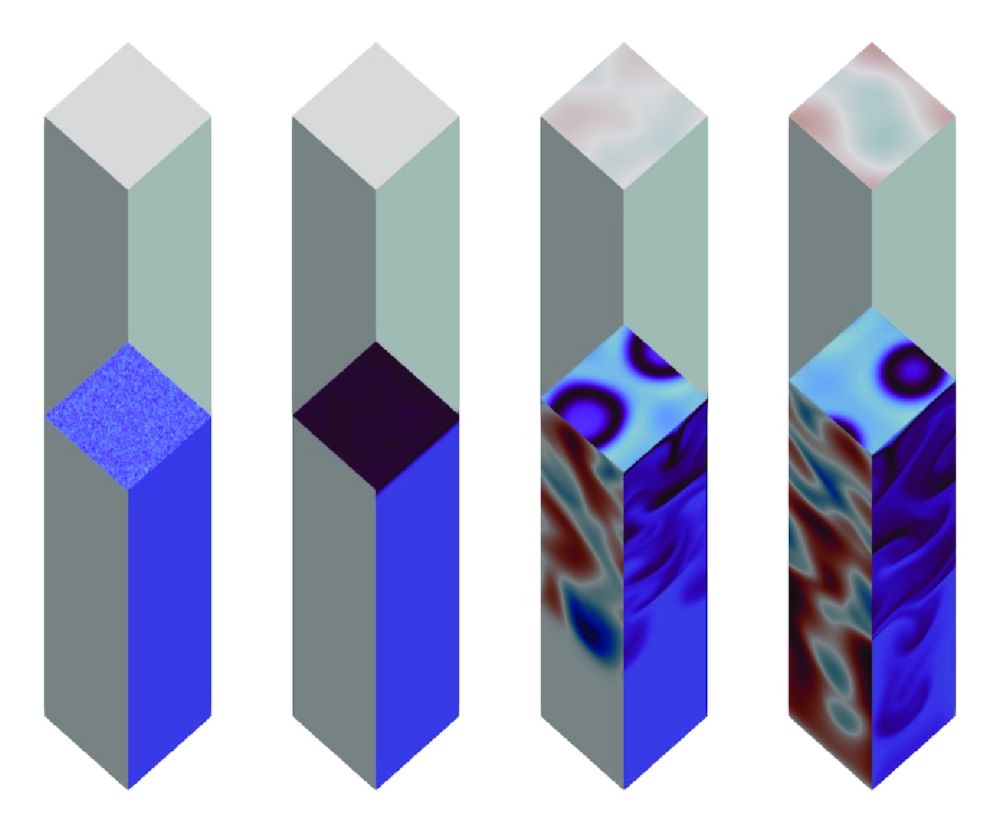
Led by Joey Bisits, with @janzika.bsky.social, we explore the drivers of cabelling instability in the ocean using a first-of-its-kind turbulence-resolving simulation. See here for energy budgets, diffusion calcs and pretty pictures using Oceananigans: doi.org/10.1017/jfm....
- @taimoorsohail.bsky.social speaking on ABC Radio National Breakfast about his latest research ⬇️
bit.ly/43tMqfw
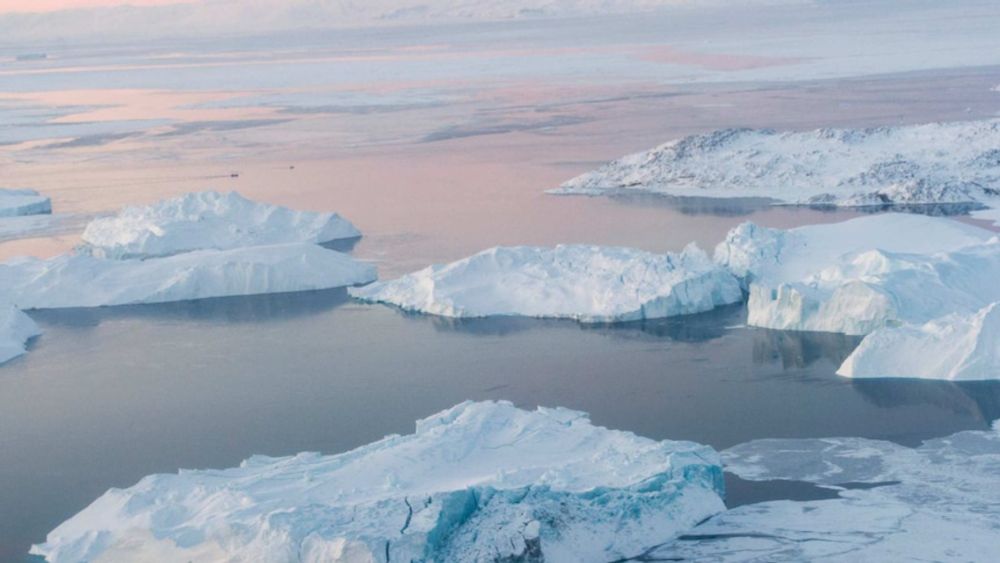
- @taimoorsohail.bsky.social speaking on ABC Radio National Breakfast about his latest research ⬇️
bit.ly/43tMqfw

- @taimoorsohail.bsky.social speaking on ABC Radio National Breakfast about his latest research ⬇️
bit.ly/43tMqfw
www.abc.net.au/listen/progr...
www.abc.net.au/listen/progr...
www.theguardian.com/environment/...
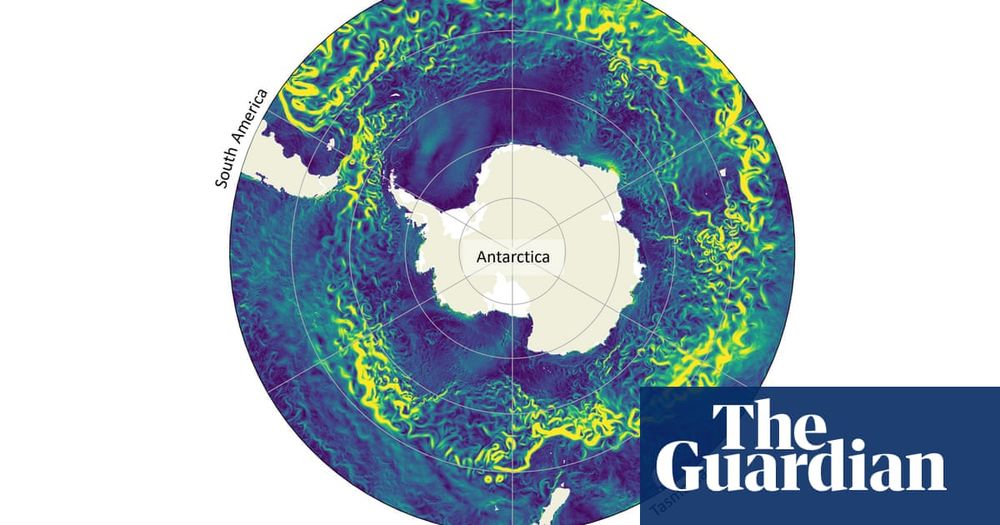
www.theguardian.com/environment/...
More important work from @antarcticsciaus.bsky.social colleagues led by @taimoorsohail.bsky.social
www.theguardian.com/environment/...
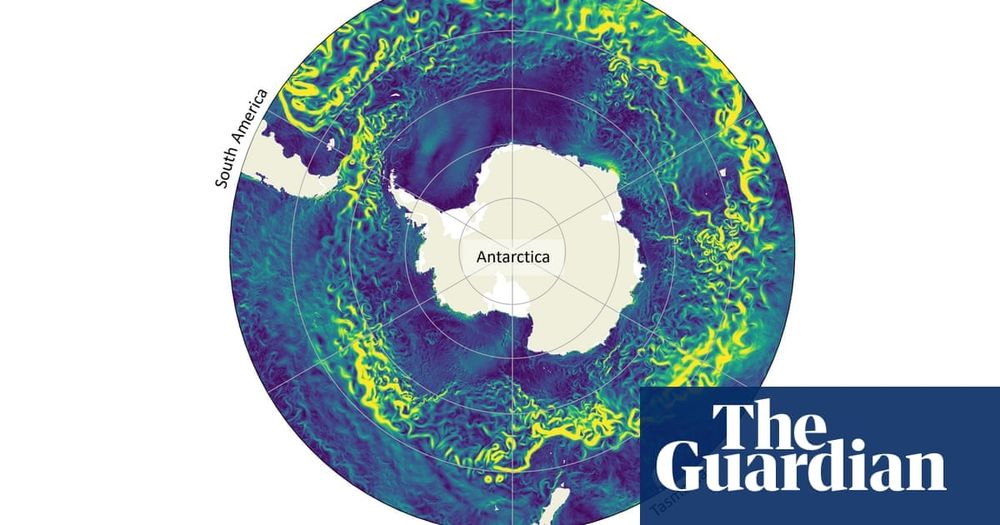
More important work from @antarcticsciaus.bsky.social colleagues led by @taimoorsohail.bsky.social
www.theguardian.com/environment/...
theconversation.com/melting-anta...
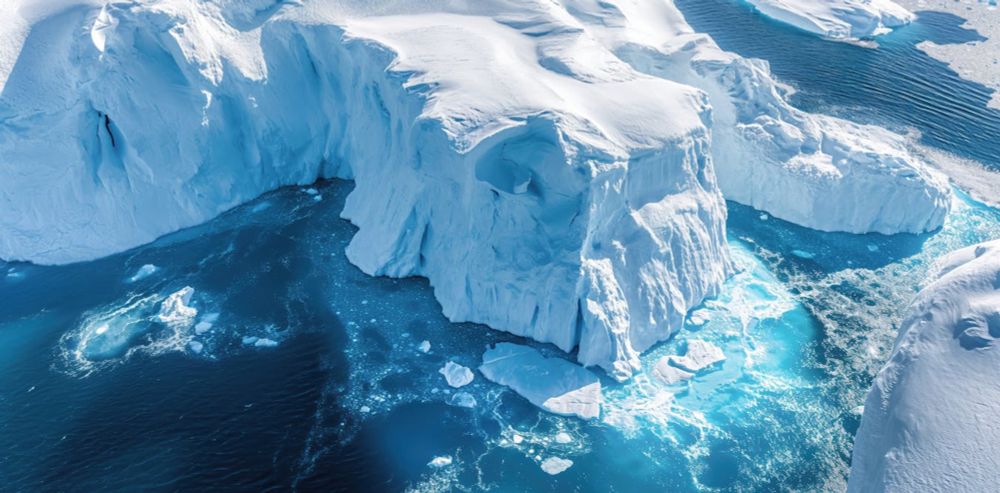
theconversation.com/melting-anta...
🌊 🌏
Not sure if this is for you?
Want to find more about the project?
Are you on the fence?
Do reach out..! 😊
We'll be using a new ocean model:
github.com/CliMA/Oceana...
github.com/CliMA/ClimaO...
and collaborate with CliMA (clima.caltech.edu).
Research fellow position at University of Melbourne to study the ocean's role in climate variability. You'll be working with myself, @nicolamaher.bsky.social and @andyhogg.bsky.social and also interacting with the ocean team from CliMA.
bit.ly/4fmIFv4

🌊 🌏
Not sure if this is for you?
Want to find more about the project?
Are you on the fence?
Do reach out..! 😊
We'll be using a new ocean model:
github.com/CliMA/Oceana...
github.com/CliMA/ClimaO...
and collaborate with CliMA (clima.caltech.edu).
With OTM, we can infer global ocean heat/freshwater transports, correct air-sea flux products, and more!
Led by @janzika.bsky.social!
doi.org/10.5194/gmd-...
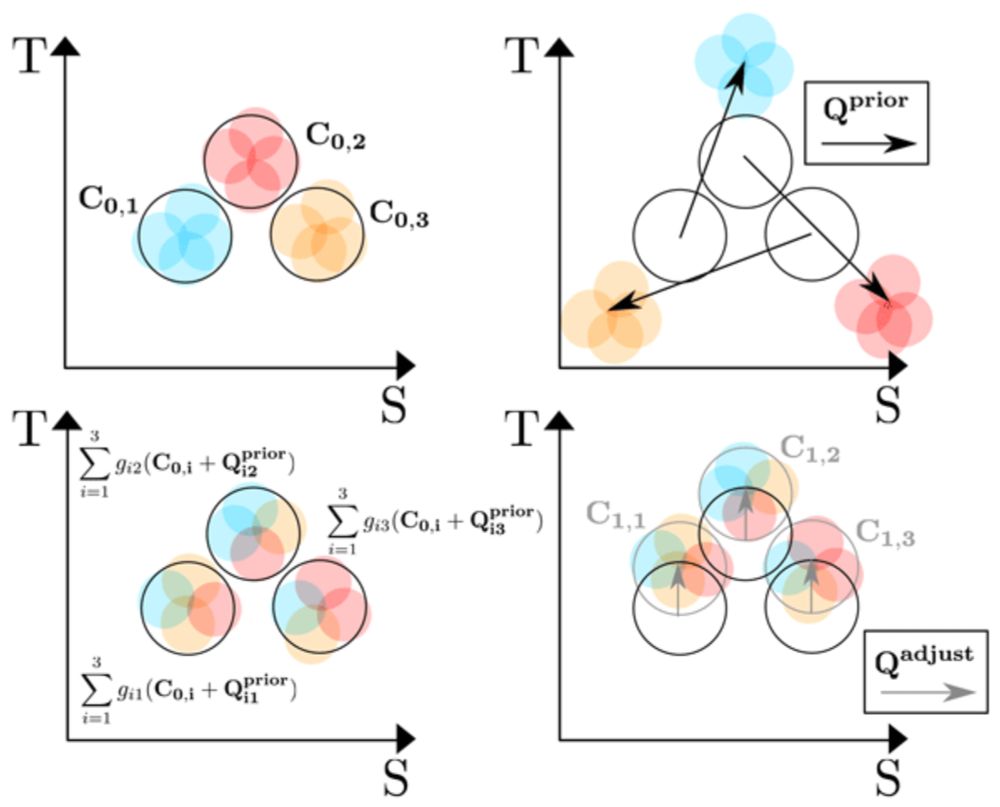
With OTM, we can infer global ocean heat/freshwater transports, correct air-sea flux products, and more!
Led by @janzika.bsky.social!
doi.org/10.5194/gmd-...
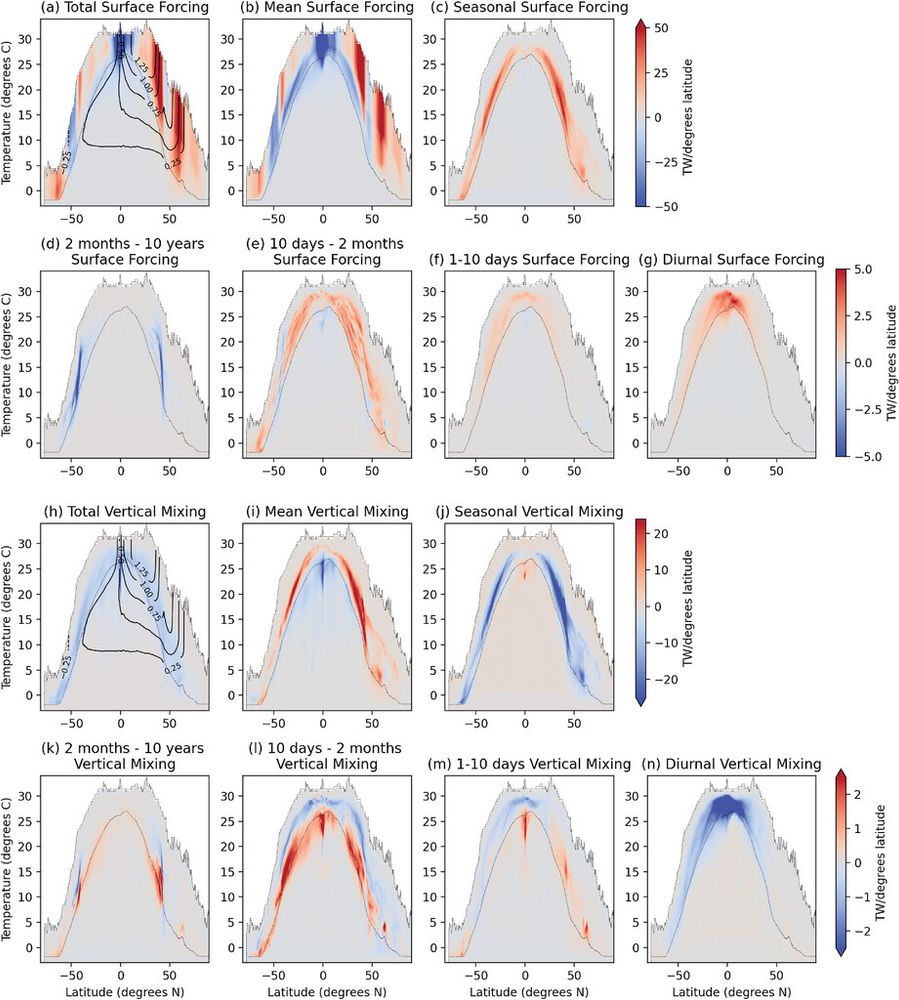
agupubs.onlinelibrary.wiley.com/doi/10.1029/...
agupubs.onlinelibrary.wiley.com/doi/10.1029/...
But these are tiiiiiny numbers! Basically 50 people working for 2–3 years. Peanuts🥜
More like "world-class underfunding, normalised".

But these are tiiiiiny numbers! Basically 50 people working for 2–3 years. Peanuts🥜
More like "world-class underfunding, normalised".
www.abc.net.au/news/2023-11...
www.abc.net.au/news/2023-11...
“Indefinite immigration detention is unlawful, the high court has held, in a landmark decision overturning a 20-year-old precedent.”
www.theguardian.com/australia-ne...

The @arc_gov_au Discovery Projects scheme now has the lowest “success rate” ever: 16.3%.
Only 1 in 6 grants are funded.
Why? The funding available has plummeted.
Please help, Jason Clare MP❗️
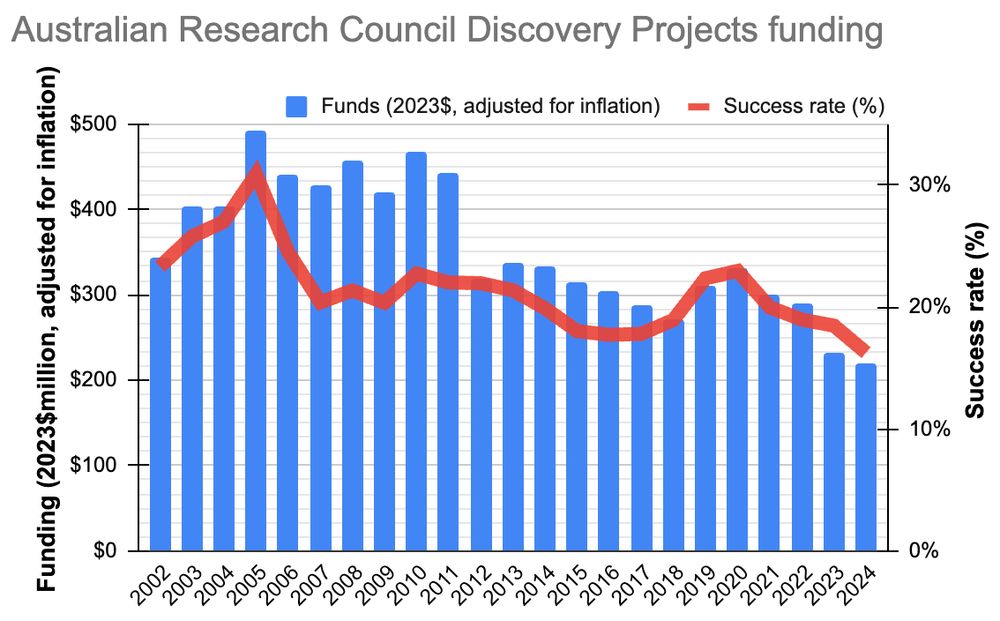
The @arc_gov_au Discovery Projects scheme now has the lowest “success rate” ever: 16.3%.
Only 1 in 6 grants are funded.
Why? The funding available has plummeted.
Please help, Jason Clare MP❗️
It's bleak how many of us can probably see ourselves in this article

It's bleak how many of us can probably see ourselves in this article
rdcu.be/dphfQ
rdcu.be/dphfQ

